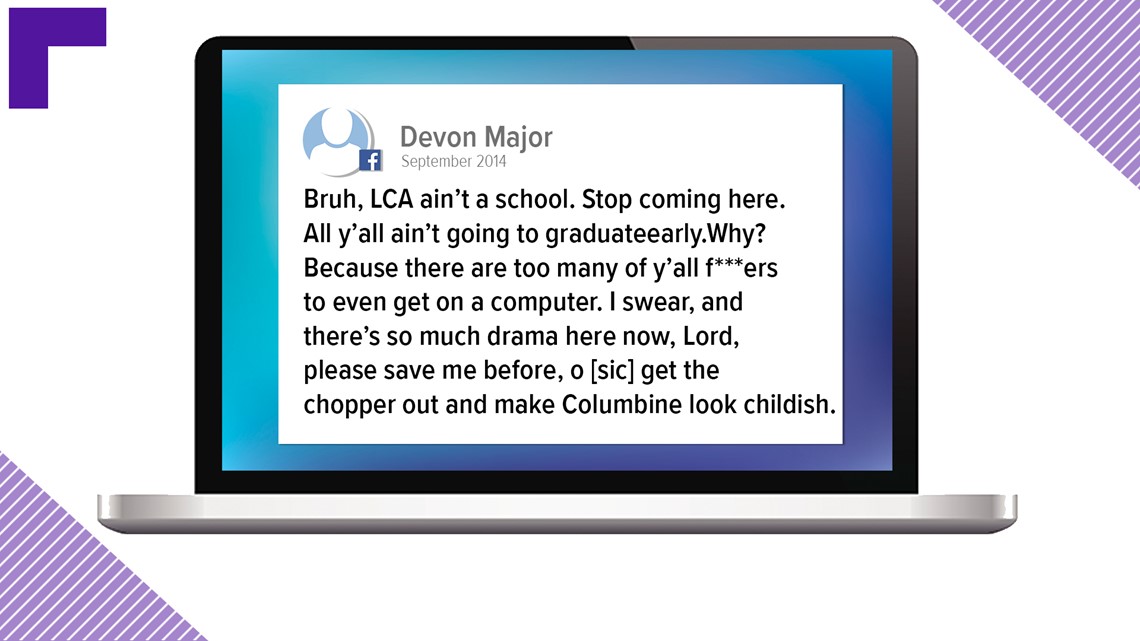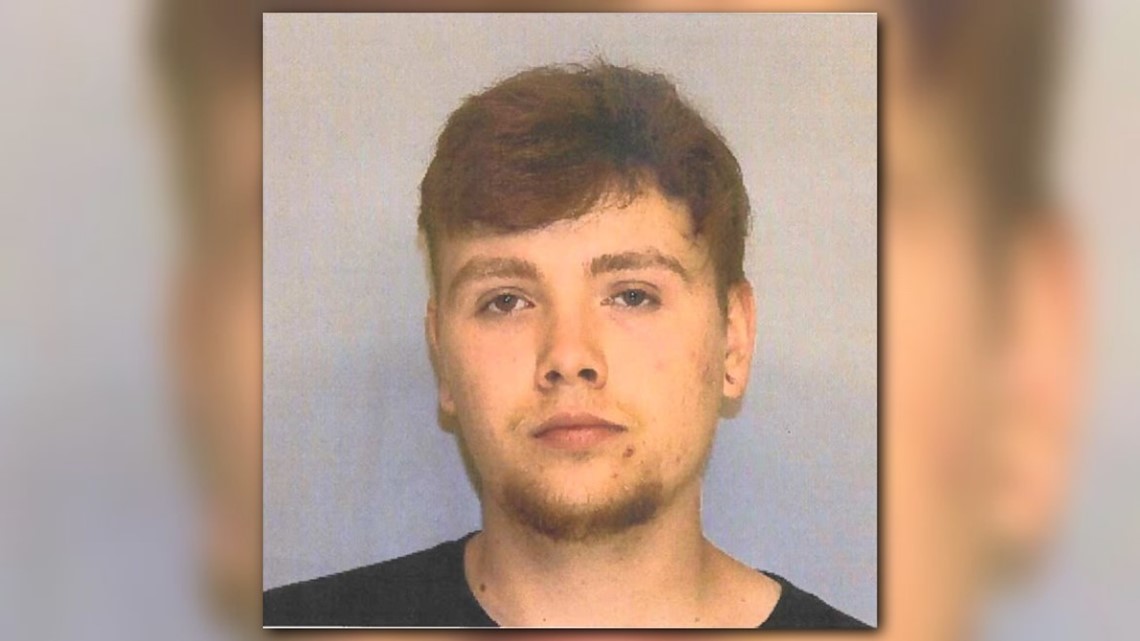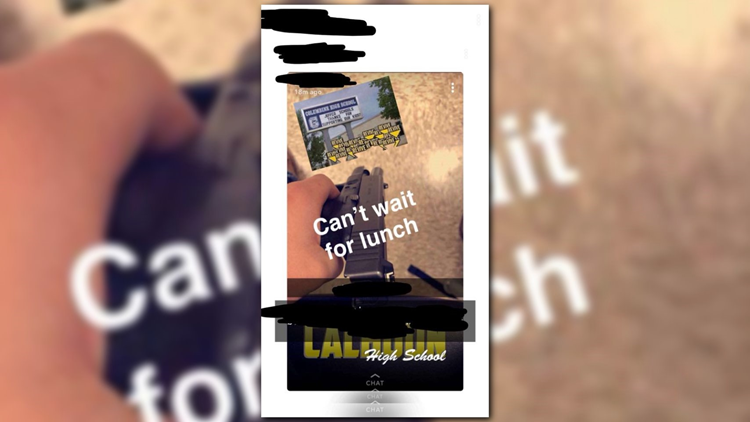Since the school shooting in Parkland, Florida, 12 days ago there have been at least 27 threats reported across our area resulting in 20 arrests, stepped up patrols, and anxious students and parents.
One question you keep asking us on social media: What happens to students after they're arrested for making threats?
The common charge students are facing in these cases is called terroristic threats. Prosecutors say if the message implies killing people, it is a felony.
Cobb County District Attorney Vic Reynolds and Gwinnett county Assistant District Attorney Tracie Cason said their offices don't take terroristic threat cases lightly.
"I've let my juvenile prosecutors know they take these charges extremely serious and they're going to pursue them as aggressively as they can," Reynolds said.
In recent cases involving students and schools, a terroristic threat case is straightforward.
Someone posts the threat online and then people see it.
"Put a message of that nature on any form of social media and other people see it then absolutely that is a prosecutable offense," Reynolds said.
With a copy of the message, witnesses who saw it, and a suspect in custody, prosecutors can then take the case to court.
Anyone under 17 years old ends up in the juvenile court system for a mental health evaluation and supervision services.
"What we can do is we can get that child into the juvenile system, is to get those services. To get the supervision, to get that accountability, so we can address those underlying issues," Cason said
Unlike other judges, in juvenile court, judges are unable to hand out serious prison time.
"The maximum that juvenile court can get for the most part is 30 days in custody," Cason said.
But up to two years of probation can follow those 30 days. In some cases, the child will avoid being locked up and only receive up to two years of probation. But Reynolds said they need to avoid future trouble.
"Even if it is to a term of probation, it will be heavy with conditions and if you violate any of those conditions – then you might very well find yourself locked up," Reynolds said.
As far as students who are 17 or 18-years-old, they end up here in superior court and are tried as adults.
In 2014 in Hall County – an 18-year-old with no criminal record threatened to shoot up his high school in a post to social media.


Devon Major was found guilty and in July 2017, was sentenced to four years of probation.





